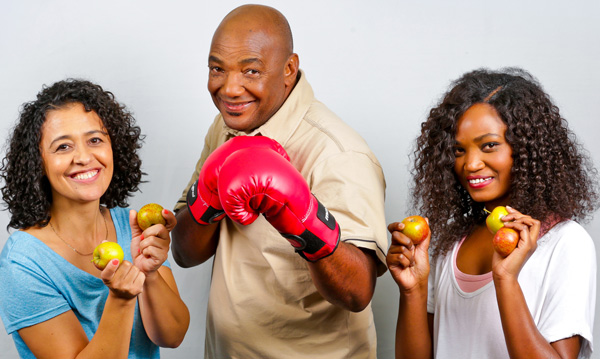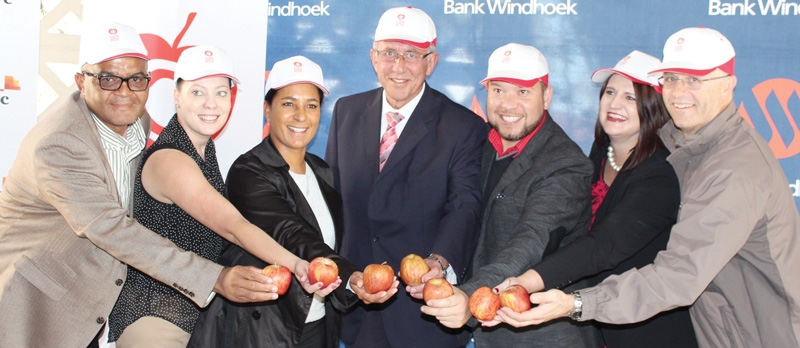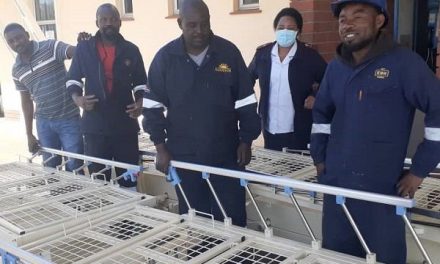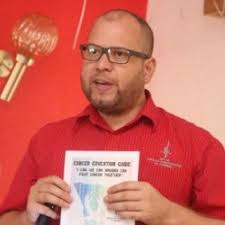
Trading leather with Cancer – annual Apple Project kicks off

By Natasha Jacha
The 2018 Bank Windhoek Cancer Apple Project which is now in its 18th year kicked off this week in Windhoek.
The project creates awareness of the disease on a national scale. It shows people living with cancer that there is hope for recovery. Since inception the project has raised more than N$20 million.
As from 2 July to 31 July, Bank Windhoek branches will be turned into apple grocers and employees will start selling apples at N$5 each.
Bank Windhoek’s Communication Practitioner for Sponsorships and Events, Suzette January said that during the course of July, this project will have various activities that include school sales and an Entrepreneurial Challenge in which branches and other departments in the bank will each run their own smaller fundraisers to garner more revenue for the Cancer Apple project.
“We get numerous requests from people who want to contribute to the project, but they do not want to buy apples. So the bank decided to introduce two ways to do this. For the first, clients can use the bank’s electronic channels to make a donation and the other way is through the PayToday and the GiveToday website,” added January.
She confirmed that schools remain one of the biggest focal points for the project. Learners throughout Namibia will support the project by selling apples at their schools.
To encourage the schools to take part, Bank Windhoek will give prize money to the school in each category, namely Pre-Primary, Primary, Secondary and Combined who sells the most apples per learner. The cash prizes are N$7000 for the first place, N$5000 for second and N$3000 for third. These will be given in November when the winners will be announced
Meanwhile Maerua SuperSpar committed to give vouchers to the value of N$5000 to the four winning schools to buy stationery.
The funds generated by the project will, be used to enable the Cancer Association of Namibia to host clinics around the country where Namibians can be tested for cancer and get information on treatment and social support.













































